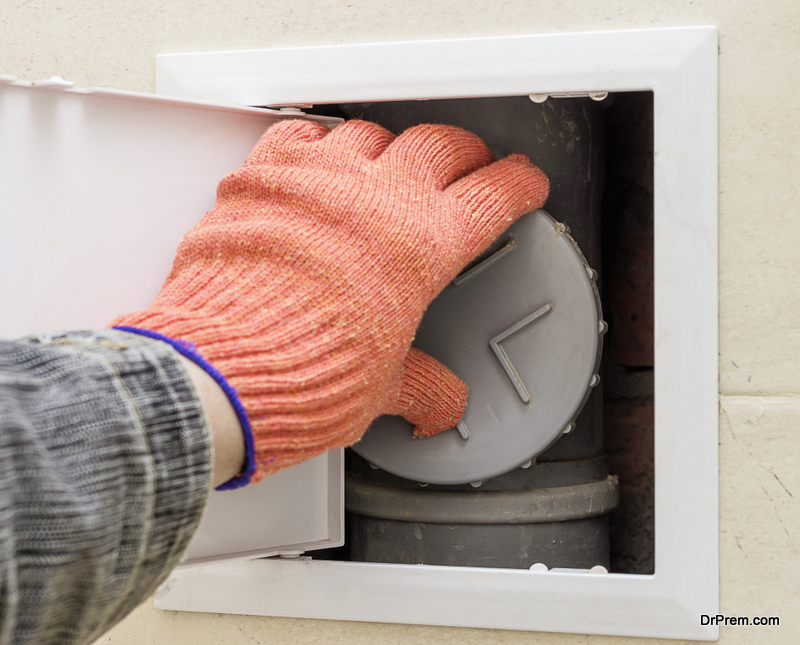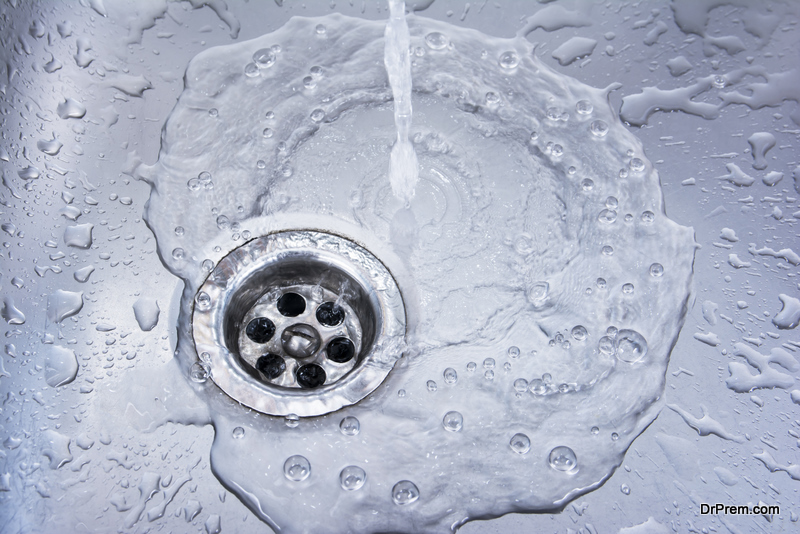Something that not a lot of people may be wondering, but is still good to know is where your wastewater goes after it leaves your home.
For municipalities it’s good for them to have asset management software for water utilities to track different things surrounding water usage by residents, but for the common resident it’s just good to have public knowledge of what happens to the waste water.
There are really two places where it can go, a sewer system or a septic tank. Let’s dive into a little more information on both to get a full understanding.
1. Sewer System
 If your home is connected to the sewage system, all of your drains are connected to a single pipe that runs to the street. The sewer pipe in the street gathers wastewater from all of your neighborhood’s homes and transports it to a bigger conduit that collects water from nearby streets. The effluent is then channeled into larger pipelines that connect different neighborhoods.
If your home is connected to the sewage system, all of your drains are connected to a single pipe that runs to the street. The sewer pipe in the street gathers wastewater from all of your neighborhood’s homes and transports it to a bigger conduit that collects water from nearby streets. The effluent is then channeled into larger pipelines that connect different neighborhoods.
As the wastewater collecting system approaches the wastewater treatment facility, the pipes become larger and carry more liquid. The effluent is treated and cleansed here so that it may be released back into the environment safely.
2. Septic Tank
If you don’t have access to a sewage system, your liquid wastes flow into a septic tank. A septic tank is where the majority of the particles settle out. The water is then pumped into a leach field, which consists of underground pipelines with holes at the bottom.From the holes, the water will go into the ground.
The majority of particles are prevented from entering the output pipe by a filter. Most solids will seep to the bottom of the tank and never exit. You will need to get your septic tank pumped frequently, typically every couple of years, but it all depends on how many people live in your home. With more usage of the bathroom, the septic tank will become fuller, faster.
3. Now You Know the Ins and Outs
 Now you understand the two options of how wastewater exits your home and what happens to it after. It’s important to know if you’re on a public sewage system or if you have your own dedicated septic tank. That way you know that you will need to service it every so often. You won’t want that icky backup happening!
Now you understand the two options of how wastewater exits your home and what happens to it after. It’s important to know if you’re on a public sewage system or if you have your own dedicated septic tank. That way you know that you will need to service it every so often. You won’t want that icky backup happening!
Article Submitted By Community Writer




